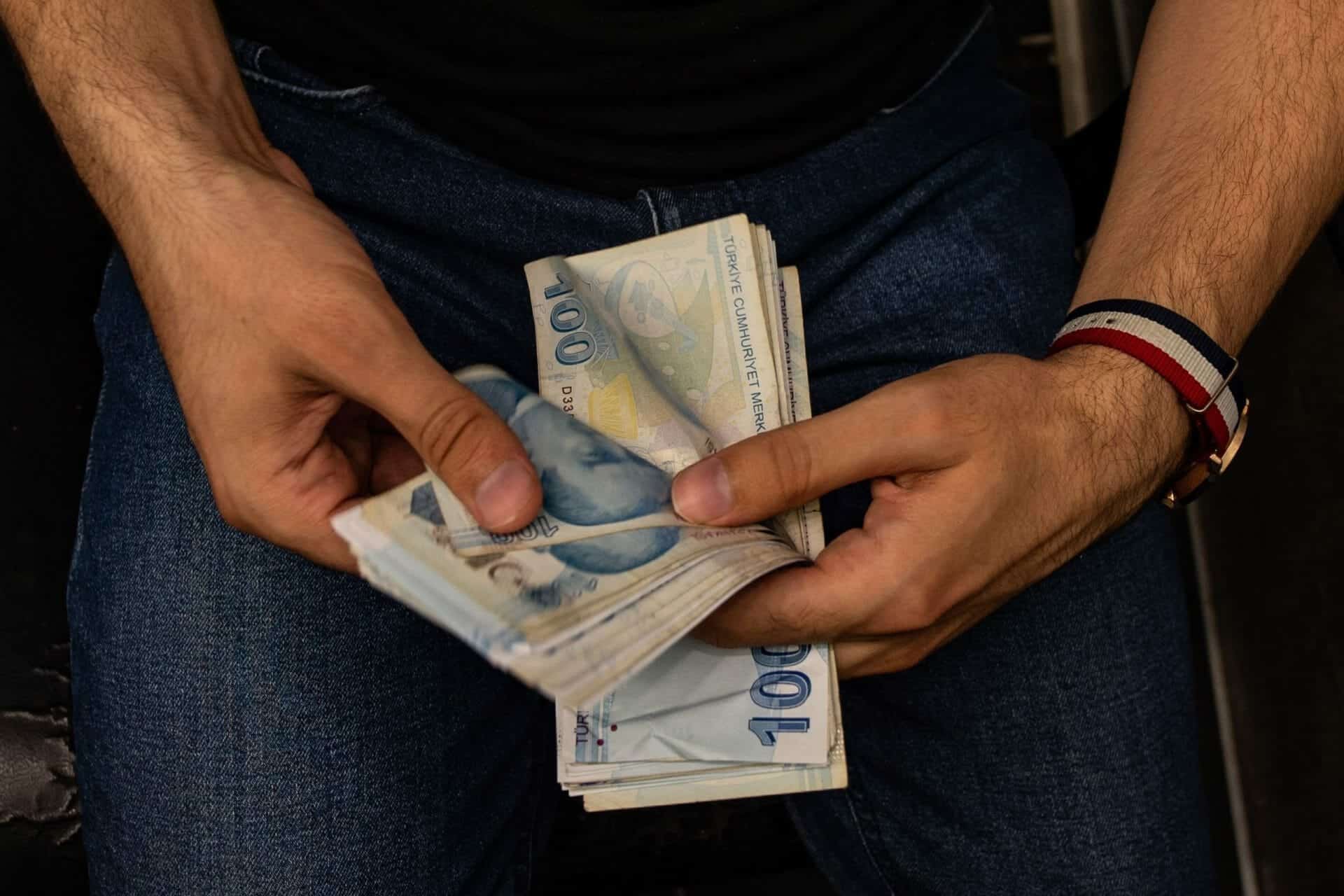The Turkish lira suffered one of its worst falls of the year on Tuesday and hit new lows to cement its status as the year’s worst-performing emerging market currency.
It fell nearly four percent to 10.41 to the dollar before clawing back some of its losses ahead of a meeting Thursday at which the central bank is expected to lower interest rates for the third successive month.
Turkey’s nominally independent bank has bowed to incessant pressure from President Recep Tayyip Erdogan to drive down the cost of doing business in order to stimulate growth.
This push has put Turkey’s economy on course to expand by roughly 10 percent this year.
But it has also seen the official annual inflation rate reach almost 20 percent and the lira lose more than a quarter of its value against the dollar this year.
“There is a growing risk that the central bank’s continued obedience to pressure from President Erdogan for interest rate cuts results in sharp and disorderly falls in the currency over the coming days and weeks,” Capital Economics analyst Jason Tuvey said in a research note.
Focus on elections
The central bank has lowered its policy rate by 300 basis points to 16 percent since August.
This means Turkey has a negative real interest rate — a policy that devalues lira assets and gives additional incentive for people to buy foreign currencies and gold.
The lira has been put under further pressure by concerns that the US Federal Reserve may raise interests rates sooner than expected to fight a spike in inflation.
That makes dollar holdings more attractive and drains investments away from emerging markets.
But analysts blame most of Turkey’s problems on unconventional economic policies that focus on economic growth at the price of high inflation and a depreciating currency.
Such measures can help exporters and big businesses — but hurt ordinary citizens who see prices shoot up for daily goods.
Even big businesses have started to express alarm that Turkey may be spiralling towards a currency crisis that puts pressure on banks because they have billions in dollar-denominated debt coming due in the next few months.
Finance Minister Lutfi Elvan told a business forum on Tuesday that the government was still focused on achieving price stability and stemming the lira’s losses.
But emerging markets economist Timothy Ash said Erdogan — whose approval ratings are near the lowest point of his 19-year rule — has decided that economic expansion at any cost will help him win re-election in polls scheduled for 2023.
“It’s an interesting call that the Erdogan team think growth and jobs rather than beating down on inflation will win them the next election,” Ash wrote in a note to clients.

